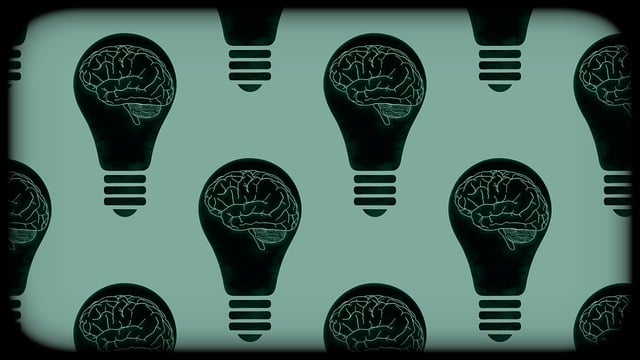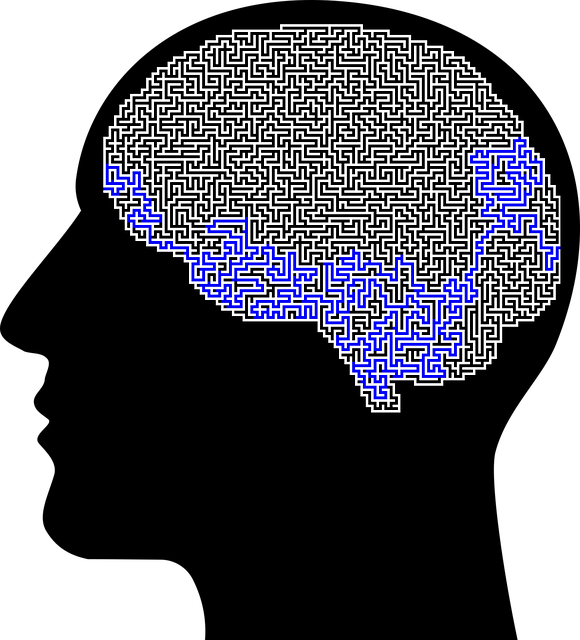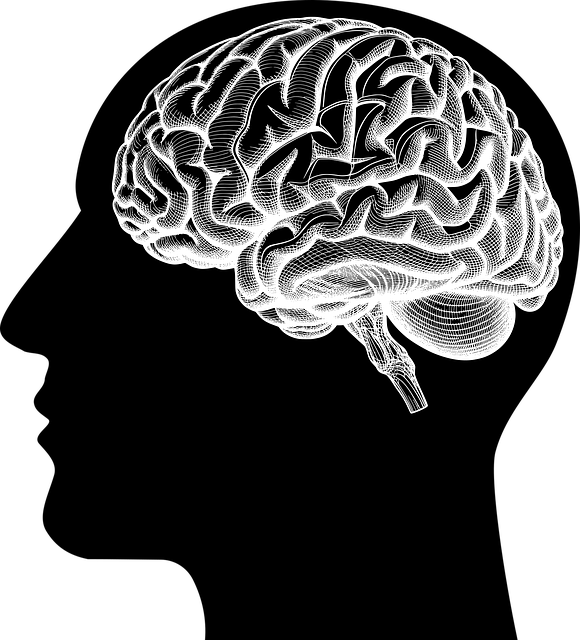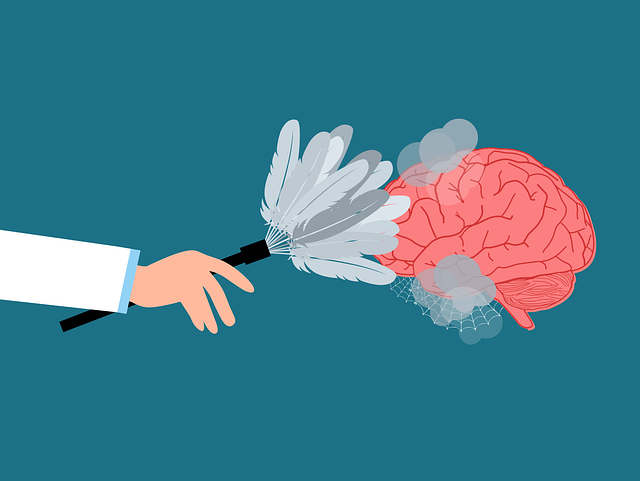Emotional Intelligence (EI) is vital in improving the quality of life for elderly individuals with terminal illnesses, offering compassionate support and enhancing mental wellness. Integrating EI techniques into care plans fosters emotional healing, builds inner strength, and enables seniors to cope with dignity and resilience. Therapy for elders' terminal illness should include cultural sensitivity, self-care practices, and strategies that promote EQ growth, addressing both physical and emotional needs holistically. Structured discussions guided by professionals in a safe environment help process emotions, build resilience, and leave a lasting legacy during life's transitions.
Emotional intelligence (EI) is a pivotal aspect of quality elderly care, fostering deeper connections and enhancing overall well-being. This article explores the profound impact of EI in terminal illness scenarios, offering insights into strategies for caregivers and healthcare professionals. We delve into the significance of empathy and compassion, highlighting therapy’s crucial role in preparing elders facing death. By understanding and cultivating EI, we can navigate the emotional labyrinth, providing solace and dignity during life’s final chapters. Explore effective approaches, including therapeutic techniques, to improve care for elderly patients with terminal illnesses.
- Understanding Emotional Intelligence and Its Impact on Elderly Care
- Strategies for Enhancing Emotional Intelligence in Terminal Illness Scenarios
- The Role of Therapy in Cultivating Empathy and Compassion for Elders Facing Death
Understanding Emotional Intelligence and Its Impact on Elderly Care

Emotional intelligence (EI) refers to one’s ability to recognize, understand, and manage their own emotions, as well as empathize with and influence the emotions of others. In the context of elderly care, EI plays a pivotal role in enhancing quality of life for seniors, especially those facing terminal illnesses. Caregivers equipped with high EI can provide more compassionate and personalized support, fostering better mental wellness among the elderly population.
The impact of EI becomes even more pronounced when considering therapy for elders terminal illness. Through emotional healing processes, caregivers can help seniors develop inner strength to cope with their conditions. This not only improves their psychological well-being but also enables them to navigate the challenges they face with dignity and resilience. Incorporating EI into care plans can significantly enhance the overall experience of elderly patients, ensuring they receive holistic support that addresses both physical and emotional needs.
Strategies for Enhancing Emotional Intelligence in Terminal Illness Scenarios

Facing a terminal illness can be an intensely emotional experience for both patients and their families. Enhancing emotional intelligence (EQ) during such scenarios is vital, as it enables individuals to navigate this challenging period with greater resilience and understanding. Therapy for elders with terminal illnesses can significantly benefit from strategies that foster EQ growth.
One key approach involves incorporating cultural sensitivity into mental healthcare practice. Recognizing and respecting diverse cultural beliefs and practices can create a safer space for vulnerable patients to express their feelings. Additionally, building resilience through self-care practices is essential. Encouraging patients and caregivers alike to prioritize their well-being allows them to better cope with the emotional rollercoaster that often accompanies serious illness. This includes simple yet effective self-care techniques like meditation, journaling, or spending time in nature, which can help manage stress and enhance overall emotional awareness.
The Role of Therapy in Cultivating Empathy and Compassion for Elders Facing Death

Therapy plays a pivotal role in cultivating empathy and compassion among elders facing death, providing them with a safe space to express their fears, hopes, and regrets. Through structured discussions guided by mental health professionals, these individuals can explore complex emotions often associated with terminal illness. This process fosters deeper understanding not only of their own feelings but also of the experiences of others, enhancing both emotional intelligence and interpersonal connections.
For elders grappling with impending mortality, therapy offers a unique opportunity for risk assessment, not just for their mental health but also for the potential impact on their relationships. By engaging in trauma support services, they can learn to navigate challenging conversations, express needs, and receive empathy from loved ones. This nurturing of emotional intelligence equips them to find comfort, build resilience, and leave a lasting legacy amidst life’s transitions.
Emotional intelligence plays a pivotal role in enhancing the quality of life for elderly individuals, especially those facing terminal illnesses. By understanding and managing emotions effectively, caregivers can improve communication, foster deeper connections, and provide more compassionate care. Strategies such as empathy training and therapy for elders with terminal illnesses can revolutionize end-of-life care, ensuring that every person receives support tailored to their emotional needs. The combination of increased emotional intelligence and specialized therapy can create a more nurturing environment, allowing individuals to navigate this challenging period with dignity and peace.














